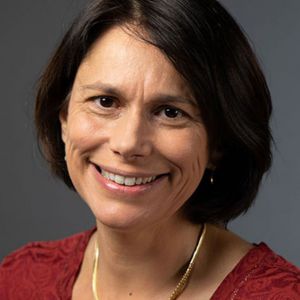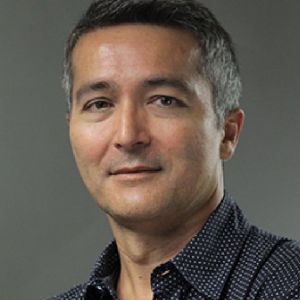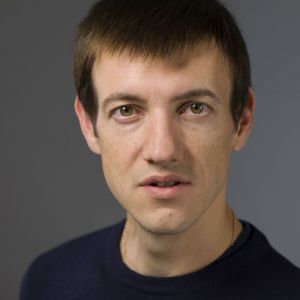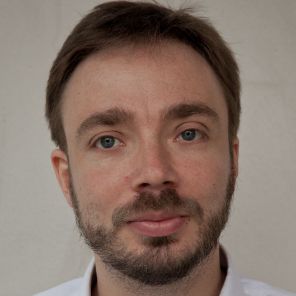LIMPID (Leveraging Interpretable Machines for Performance Improvement and Decision) is a three-year interdisciplinary research program started in December 2020. It is conducted by Télécom Paris and IDEMIA, and funded in part by the French National Research Agency (ANR). Idemia is scientific coordinator of the project.


All academic researchers implied in LIMPID come from Télécom Paris’ research teams, affiliated either to LTCI or I3.
LTCI (Laboratoire Traitement et Communication de l’Information) is the main research lab at Télécom Paris.
I3 (Interdisciplinary Institute on Innovation) is a joint research CNRS unit (UMR9217) with teams from Mines
ParisTech, Télécom Paris and École Polytechnique.

Machine learning
Kernel methods
Structured prediction
Network inference
Dynamical systems

Ranking
Clustering
Anomaly detection
Graph-mining
Recommendation systems


Data depth
Computational statistics
Robust statistics
Missing values
Data envelopment analysis


As the leader in identity technologies, IDEMIA is on a mission to unlock the world and make it safer. Backed by cutting-edge R&D, IDEMIA provides unique technologies, underpinned by long-standing expertise in biometrics, cryptography, data analytics, systems and smart devices. IDEMIA offers its public and private customers payment, connectivity, access control, travel, identity and public security solutions. Every day, around the world, IDEMIA secures billions of interactions in the physical and digital worlds.
The LIMPID project coordination is ensured by IDEMIA.

The French National Research Agency (ANR—Agence Nationale de la Recherche), founded in 2005 to promote French project-based research and to stimulate innovation, is a public administrative institution under the authority of the French Ministry of Higher Education, Research and Innovation. The agency funds project-based research carried out by public operators cooperating with each other or with private companies.
The LIMPID project has been granted a three-years funding through the Generic Call for Proposals 2020, under the “Artificial Intelligence” section: Projet-ANR-20-CE23-0028.

IDEMIA is engaged in various working groups with the World Economic Forum, as part of an initiative led by the Ministry of Foreign Affairs, to outline the contours of a “soft law” approach, complementary to the legislative systems in place, for a responsible deployment of facial recognition.
These working groups have already led to the publication of a responsible action framework for facial recognition in the case of passenger flow management, “seeking to address the need for a set of concrete guidelines to ensure the trustworthy and safe use of this technology”. The work of these working groups continues both on pilot operations to implement the principles evoked by the framework for action, and the extension to other subjects.
IDEMIA is involved both in the definition of these action frameworks, and in their operational implementation with public and private principals.